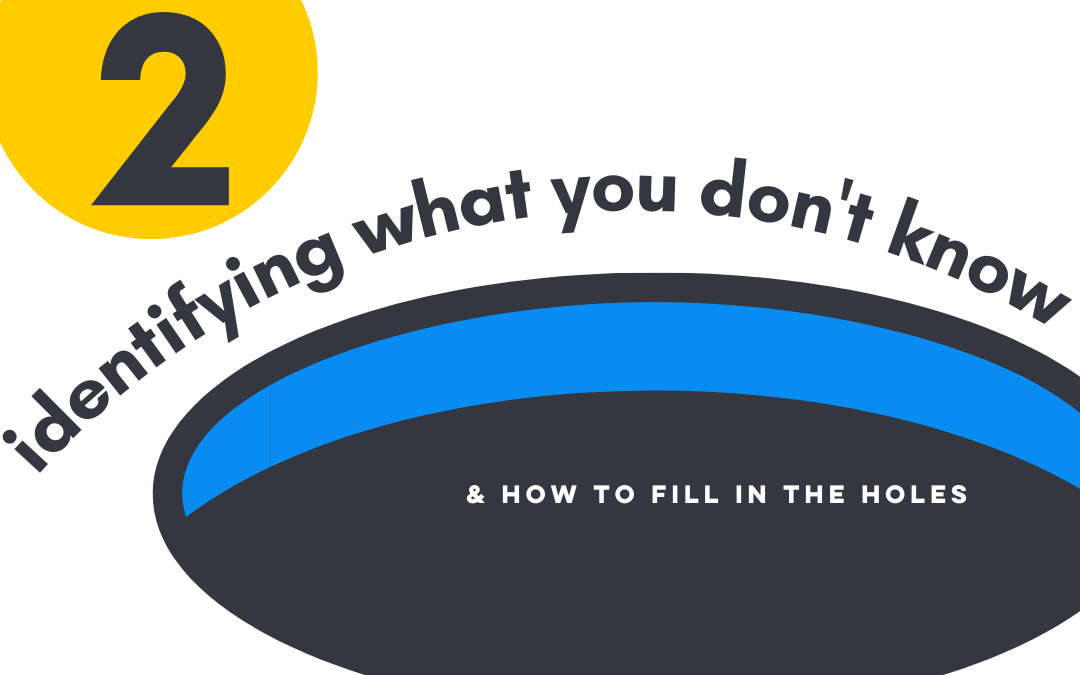Lost and Found: Finding What Your Loved One Left Behind
Finding forgotten assets is one of the most daunting tasks for anyone managing

This is part 2 of a 3 part series, so if you have not read part 1, go back and read through the questions in Part 1 and find the gaps or holes in your knowledge-what are the things you do not know about your life?
This part 2 is talking all about how we fill in those gaps and holes in what we don’t know.
And please do not be embarrassed or think you are alone in having some MAJOR holes in your knowledge because I think it is very normal to not know some pretty fundamental things about your life especially if you share it with a spouse. I had a lot of gaps in what I deem important information like who our car insurance is with, who files out taxes, etc. Again, it is very typical in families to divide up roles and you just may not be the person who has set up everything, but you do need to know everything.
It is important to be generally informed on all areas of your life and what it takes to keep the mechanisms going so if something happens to you or your spouse, someone could quickly step in and ensure bills are paid, services are kept going (or cancelled depending on the situation), the correct people are notified, etc.
A quick note about filling in these holes if you are married and believe your spouse will be the person who knows most of this information- asking your spouse lots of questions about how bills are paid or who you car insurance is with or who the beneficiaries are on these accounts will get….old… and he/she may get irritated after a while. And in my experience, this can sometimes feel like an audit, (although that is certainly not the intention!).
My advice would be to gather this information on your own, to the best of your ability, and then when you have hit roadblocks or still cannot find the right information, have all your questions compiled and ask your spouse. I am saving marriages around the world with that advice. 🙂
And as you are working to fill in those holes on your own, you might find out that you may not be able to access some of this information on your own because either you don’t have the right login credentials, your name is not listed on the account, or some other barrier. I encourage you to see this roadblock as a win. This process of filling in the holes is intended to highlight where you have issues and don’t access to the accounts and information that you should. I urge you to see it as a good thing instead of a frustrating thing, because the good news is that you caught these issues now and are able to fix them before there is a crisis! Bravo to you.
Here are some tips on how to fill in those holes by the categories we discussed in Part 1:
I hope this post gave you some good ideas for where to go hunting for this information so that it is the least painful process for you!
Finding forgotten assets is one of the most daunting tasks for anyone managing
As I was preparing to leave for a BIG trip with my husband
We can’t say enough how important it is to work with an estate
We care for families going through the major life transitions brought on by an aging loved one or losing a loved one. Our goal is to relieve the burdensome tasks from your plate so you can focus on what’s most important to you and your family.
Sunny Care Services is a planning and concierge service for families who have lost a loved one or are preparing for a loss.